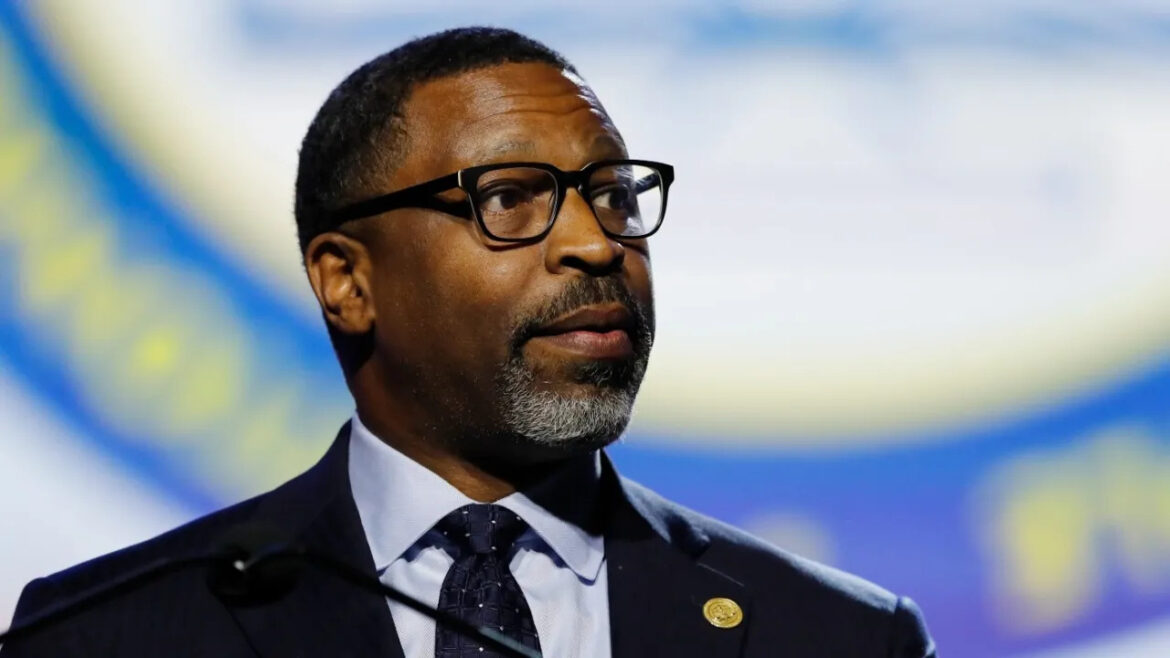In the midst of discussions surrounding diversity, equity, and inclusion (DEI) in collegiate athletics, Derrick Johnson, President and CEO of the NAACP, emerges as a steadfast advocate for the equitable treatment of all student-athletes, particularly those from marginalized backgrounds. Florida’s recent enactment of the Stop WOKE Act under the DeSantis administration casts a shadow over these principles, posing a dire threat to the future of Black student-athletes within the state.
The alarming trend of dismantling DEI departments, exemplified by actions taken at the University of Florida, reflects a troubling shift towards prioritizing political agendas over the well-being and success of students. By curtailing the use of state funds for DEI initiatives, Florida effectively marginalizes Black student-athletes, jeopardizing strides towards a more inclusive collegiate environment.
Johnson’s assertion that “diversity, equity, and inclusion are paramount to ensuring equitable and effective educational outcomes” resonates deeply, particularly within the realm of collegiate athletics where Black talent often faces exploitation without commensurate investment in their prosperity.
The NAACP’s call for Black student-athletes to reconsider attending public colleges and universities in Florida transcends mere reaction to legislative actions; it stands as a firm stance against systemic injustice. The financial dynamics of college sports underscore the hypocrisy of institutions that profit from Black athletes while neglecting their holistic well-being through the dismantling of essential DEI programs.
Florida’s anti-DEI stance reverberates far beyond its borders, mirroring similar legislative trends in other states. The NAACP’s advocacy serves as a rallying cry for student-athletes and allies nationwide to unite against efforts to erode progress towards a more equitable future.
In essence, the NAACP’s call to action transcends Florida’s discriminatory policies, reaffirming fundamental principles of fairness and justice in collegiate athletics. Black student-athletes deserve institutions that prioritize their well-being, acknowledge their worth, and invest in their prosperity. It falls upon all stakeholders, from athletes to administrators, to uphold these principles and safeguard collegiate athletics as a beacon of opportunity for all, irrespective of race or background.
Photo: AP Photo/Carlos Osorio


